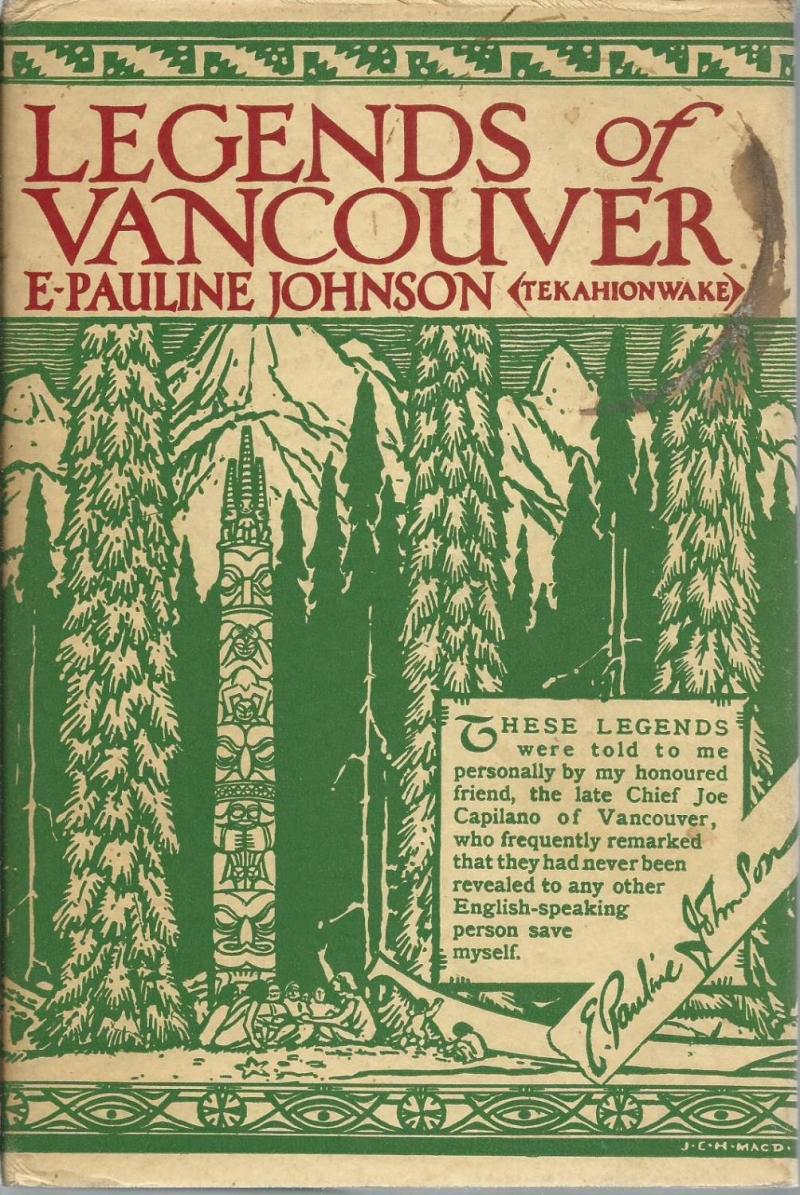|
|
| Line 2: |
Line 2: |
|
| |
|
| [[File:Legends of Vancouver.jpg|thumb]] | | [[File:Legends of Vancouver.jpg|thumb]] |
|
| |
| There is one vice that is absolutely unknown to the red man; he was born without it, and amongst all the deplorable things he has learned from the white races, this, at least, he has never acquired. That is the vice of avarice. That the Indian looks upon greed of gain, miserliness, avariciousness, and wealth accumulated above the head of his poorer neighbour as one of the lowest degradations he can fall to is perhaps more aptly illustrated than anything I could quote to demonstrate his horror of what he calls “the white man’s unkindness.” In a very wide and varied experience with many tribes, I have yet to find even one instance of avarice, and I have encountered but one single case of a “stingy Indian,” and this man was so marked amongst his fellows that at mention of his name his tribes-people jeered and would remark contemptuously that he was like a white man–hated to share his money and his possessions. All red races are born Socialists, and most tribes carry out their communistic ideas to the letter. Amongst the Iroquois it is considered disgraceful to have food if your neighbour has none. To be a creditable member of the nation you must divide your possessions with your less fortunate fellows. I find it much the same amongst the Coast Indians, though they are less bitter in their hatred of the extremes of wealth and poverty than are the Eastern tribes. Still, the very fact that they have preserved this legend, in which they liken avarice to a slimy sea-serpent, shows the trend of their ideas; shows, too, that an Indian is an Indian, no matter what his tribe; shows that he cannot, or will not, hoard money; shows that his native morals demand that the spirit of greed must be strangled at all cost.
| |
|
| |
| The chief and I had sat long over our luncheon. He had been talking of his trip to England and of the many curious things he had seen. At last, in an outburst of enthusiasm, he said: “I saw everything in the world–everything but a sea-serpent!”
| |
|
| |
| “But there is no such thing as a sea-serpent,” I laughed, “so you must have really seen everything in the world.”
| |
|
| |
| His face clouded; for a moment he sat in silence; then, looking directly at me, said, “Maybe none now, but long ago there was one here–in the Inlet.”
| |
|
| |
| “How long ago?” I asked.
| |

